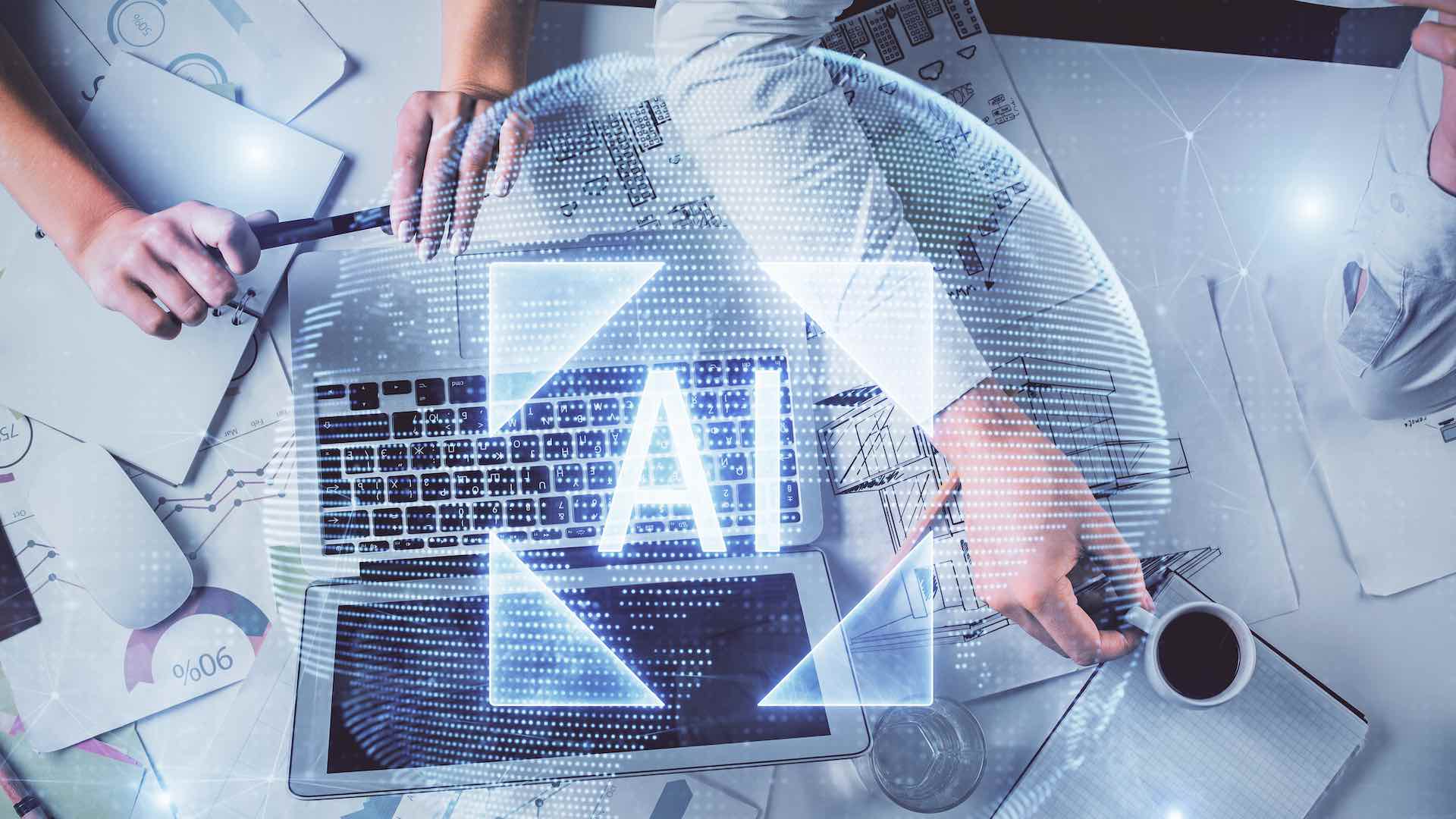In 2023, the landscape of the workplace is undergoing a profound transformation, driven largely by the rapid advancement and integration of Artificial Intelligence (AI). This technological evolution is revolutionizing key aspects of the workplace, notably altering the hiring process, reshaping employee roles, and redefining job expectations. As we navigate through the year, the impact of AI on the workforce is becoming increasingly evident, marking a significant shift in how businesses operate and employees engage with their work.
The increasing prominence of AI in the workplace has sparked widespread concern about its potential to automate tasks traditionally performed by humans. The public’s engagement with AI programs like ChatGPT has heightened awareness about AI’s capabilities, leading to speculations about its role in various office functions. Concurrently, the demand for AI-focused employees has surged as companies seek to integrate AI technologies into their operations, signaling a shift in staffing demands and job requirements.
AI’s advent is poised to trigger significant shifts in the job market, reminiscent of the changes brought about by general automation in the 1970s and 1980s. A Censuswide survey reveals that 50% of mid-level office professionals already employ AI for certain tasks. Initially aiding workplace efficiency, AI’s role might soon evolve, potentially leading to reductions in job roles. Christopher Alexander of Pioneer Development Group warns that while AI could create jobs, it might predominantly replace existing roles, challenging the traditional job market structure.
While immediate job losses may not be imminent, experts predict that wages might be the first to be affected by AI integration. The European Central Bank’s findings suggest that AI use could lead to neutral or negative impacts on wages. Workers might witness a decrease in their workload before any job eliminations. Adapting to these changes, workers are encouraged to familiarize themselves with new AI tools to enhance their efficiency and secure their positions in the evolving job market.
The demand for AI-related roles is particularly high in California, Texas, and New York. California leads in AI interest, with extensive online searches for AI software and chatbots like ChatGPT and Google’s Bard. Job postings in this sector offer attractive salaries, indicating a robust market for AI expertise. Companies are increasingly considering AI’s role in the recruitment process. A Resume Builder survey found that 10% of companies are already using AI for interviews, with a significant number planning to incorporate AI in hiring by next year.
The extent of AI’s involvement in making hiring decisions remains a topic of debate, with potential implications for the selection process and overall candidate experience. The use of AI in industries like Hollywood highlights its inevitable integration into various sectors. Labor disputes, such as those in Hollywood, reflect the growing concern over AI’s role in creative processes and its potential to transform traditional production methods. Despite resistance, AI continues to make inroads, with companies like Netflix and Disney exploring its applications in content creation and postproduction.
In 2023, the influence of Artificial Intelligence (AI) in the workplace has reached a critical juncture, profoundly affecting everything from recruitment methods to the nature of job responsibilities and industry norms. This year has underscored the need for both businesses and their workforce to adeptly adjust to this changing environment. Embracing and comprehending the continuously evolving role of AI is now essential for successfully maneuvering through the modern corporate landscape.
